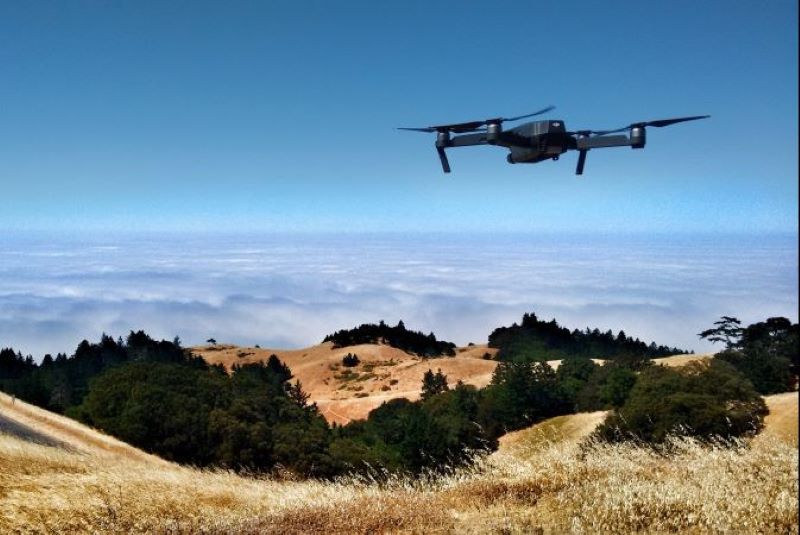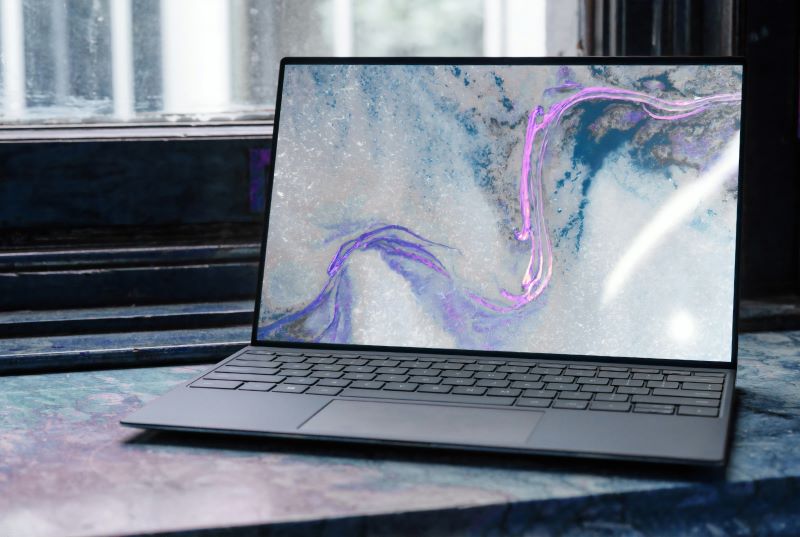On March 30, the Defense Threat Reduction Agency (DTRA) posted an update to the Chemical Biological Operational Analysis (CBOA) 2020 event.
COVID-19 UPDATE: As of March 30, 2020, the Defense Threat Reduction Agency (DTRA) still plans to host the CBOA 20 event at Fort Carson, CO during the originally scheduled timeframe, July 27-31, 2020. This event has NOT been rescheduled, however, this decision is subject to change if conditions warrant additional action. To accomodate any respondent scheduling issues or delays due to COVID-19, DTRA has extended the RFI response date to April 10, 2020 at 12:00pm EST.
The purpose of this RFI is to gain information leading to Government/Industry partnering to accelerate the development of technologies that will enable the Warfighter to assess, protect and mitigate chemical, biological and radiological threats.
- BACKGROUND
This RFI intends to identify developmental technologies that are interested in being part of a scenario-based Chemical Biological Operational Analysis (CBOA) event at Ft Carson, CO, 27‑31 July 2020. The CBOA is funded by The Defense Threat Reduction Agency (DTRA) Research and Development-Chemical and Biological Warfighter Integration Division (RD‑CBW) with the intent of obtaining Warfighter insight on emerging chemical and biological defense technologies, identifying potential areas for improvement, and supporting vulnerability and system limitation analysis of emerging capabilities in contested environments at an operationally relevant venue.
This event is conducted with representatives from Government Research and Development (R&D) organizations, academia, and industry. The event provides an opportunity for technology developers to interact with operational personnel and determine how their efforts might support military capability gaps and high priority mission deficiencies. The environment facilitates a collaborative working relationship among participants; supports the identification, assessment, and dissemination of emerging and mature technology information, and accelerates the delivery of capabilities to the Warfighters and those they support.
Technology demonstration papers submitted for consideration must identify prototypes (typically Technology Readiness Levels (TRLs) 4-6), or a similar representation of the prototype, ready for user assessment that address areas presented within the RFI. After minimal training, the prototypes will be put in the hands of the warfighter to use while conducting realistic missions in adaptive scenarios. Technology developers will receive feedback directly from warfighters and a summary report of their findings. They will be unable to accompany the warfighter during their scenarios. (DoD TRL definitions: http://acqnotes.com/acqnote/tasks/technology-readiness-level).
Full information is available here.
Source: FedBizOpps








